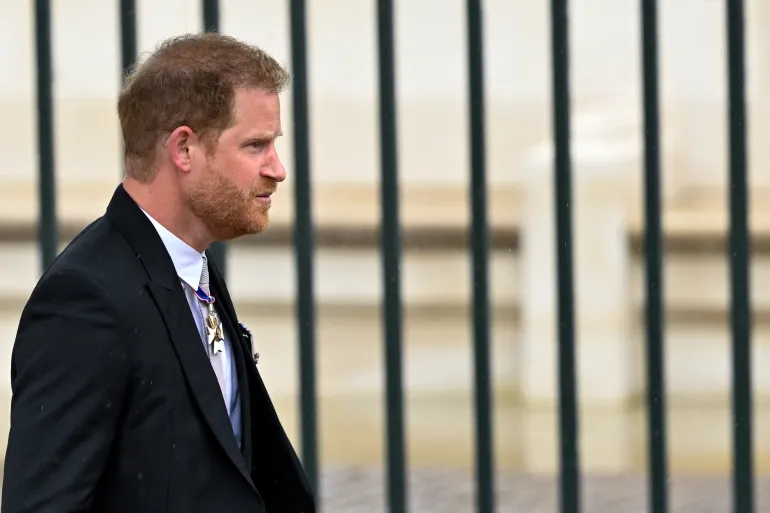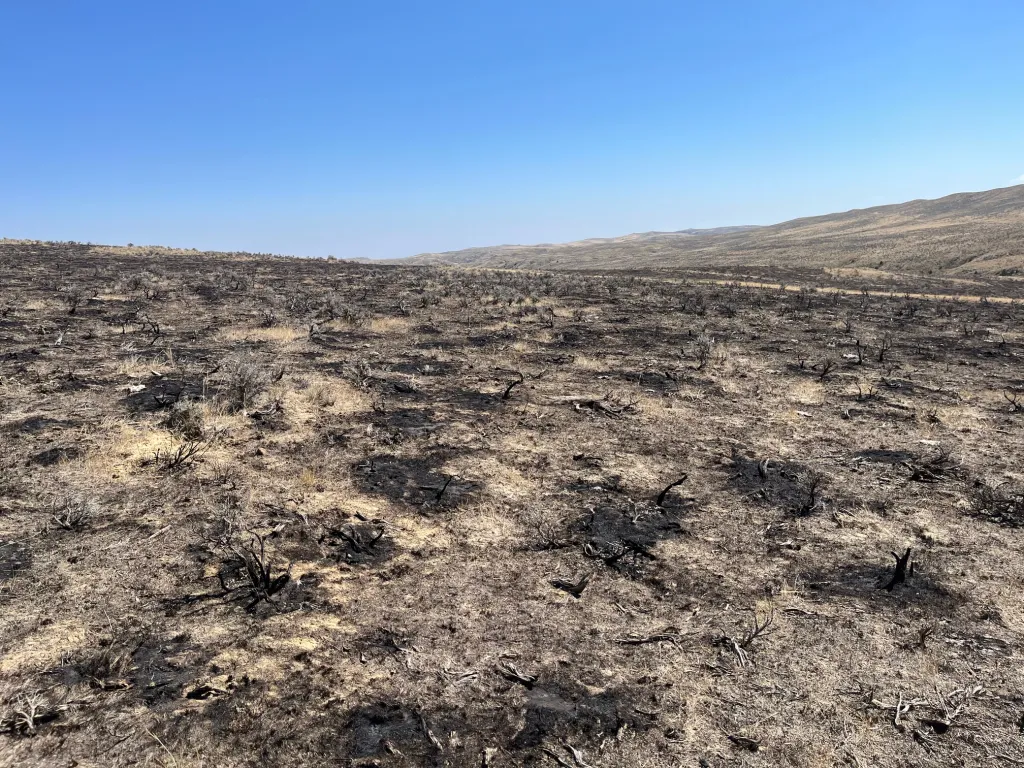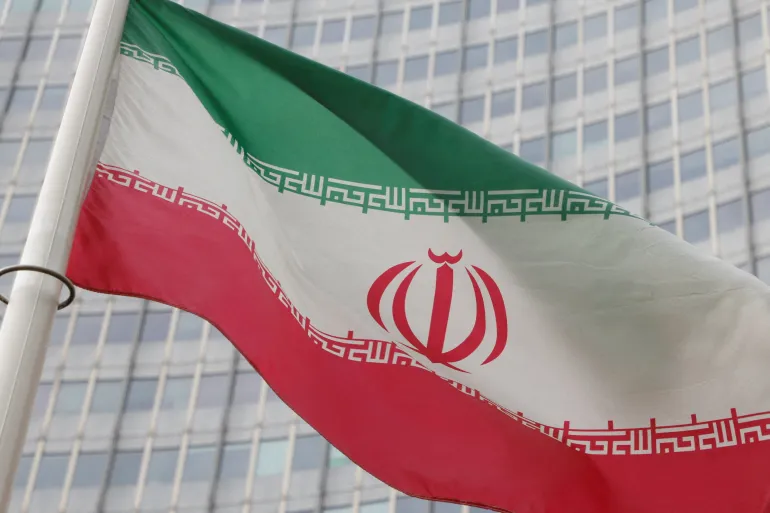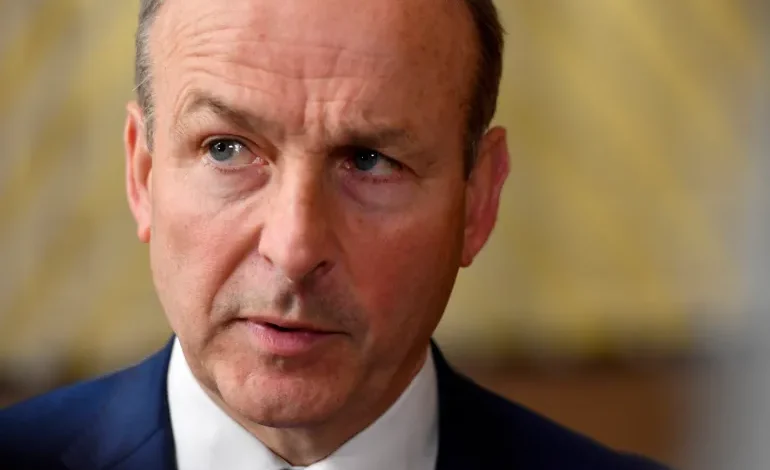The Republic of Ireland’s parliament was thrown into disarray Wednesday as lawmakers failed to appoint a new prime minister amidst intense disagreements over parliamentary procedure, Al Jazeera reports.
The nomination of Micheal Martin of Fianna Fail has been postponed until at least Thursday.
The lower house, known as the Dail, was suspended for the fourth time after Sinn Fein vehemently protested plans to allow independent parliamentarians – some of whom are aligned with the incoming government – to sit on the opposition benches.
Sinn Fein leader Mary Lou McDonald accused Fianna Fail of attempting to “place their independent cronies, supporters of the government, on the opposition benches and to afford them the same speaking rights of the opposition.” She argued that this move would unfairly bolster the government’s position and undermine the effectiveness of the opposition.
The procedural battle follows a recent coalition agreement between the two largest center-right parties, Fianna Fail and Fine Gael, and a group of independent lawmakers. Fianna Fail, led by Martin, secured 48 of the 174 legislative seats in the November 29th election, while Fine Gael won 38. Despite their broadly similar center-right platforms, the two parties have historically been rivals since the Irish Civil War in the 1920s.
Under the coalition deal, Micheal Martin is expected to become Prime Minister (Taoiseach) for the first three years, with Fine Gael’s outgoing leader, Simon Harris, serving as his deputy. The two leaders would then swap roles for the remainder of the five-year term. This coalition agreement effectively excludes the left-of-center Sinn Fein, which will remain in opposition despite winning 39 seats. Fianna Fail and Fine Gael have consistently refused to work with Sinn Fein, citing their historical links to the Irish Republican Army (IRA) during decades of violence in Northern Ireland.
The new government will face significant challenges, including rising homelessness fueled by skyrocketing rents and property prices, as well as the need to integrate a growing number of asylum seekers. The cost of living, particularly Ireland’s acute housing crisis, was a major focus in the recent election campaign. Immigration has also emerged as a highly emotive and challenging issue for the country of 5.4 million, long known for its history of emigration.









